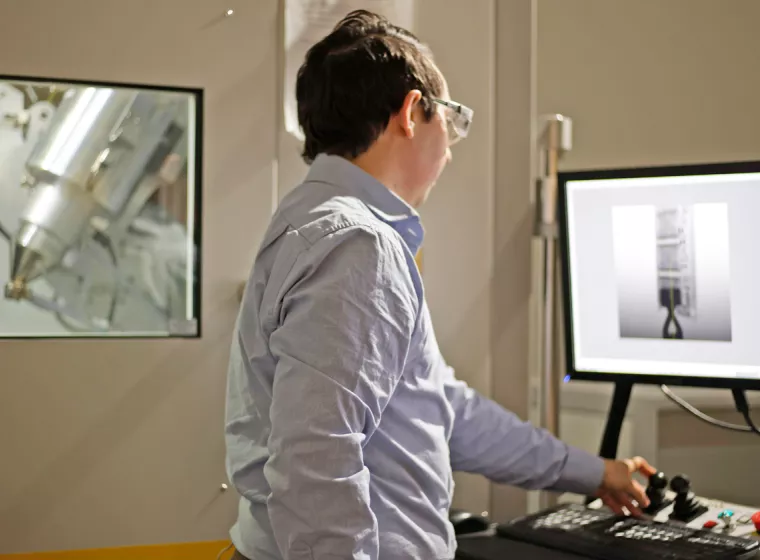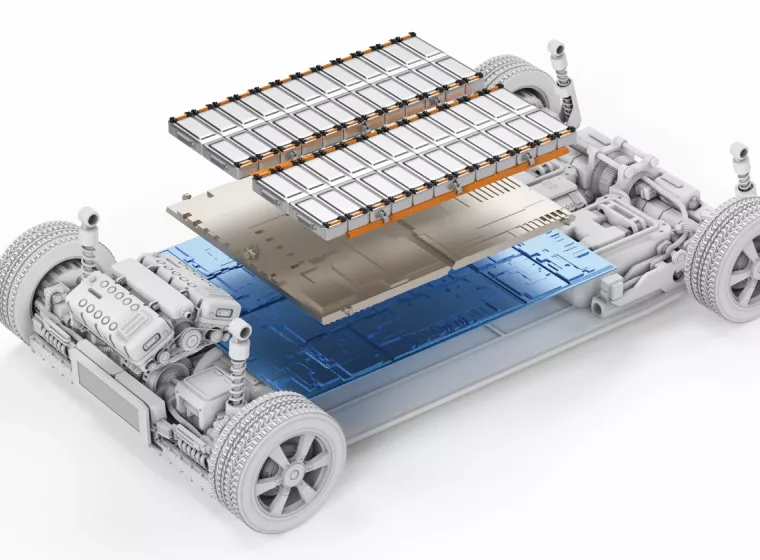What Transportation Challenges Can We Help You Solve?
THE CHALLENGE
Battery and battery system technologies (e.g., battery chemistries, diagnostic sensors, control algorithms, pack configurations, etc.) are evolving rapidly to facilitate efficient and rapid electrification of the transportation sector. As technological advancements accelerate, the automotive industry must continually develop and improve upon methods to assess the impact of battery utilization on performance and safety across the entire EV lifespan. These methods that are being developed for EVs are in many ways analogous to the onboard diagnostic (OBD-II) tools used in vehicles with internal combustion engines to control emissions, ensure reliability, and routinely diagnose and communicate vehicle health.
EXPONENT'S MULTIDISCIPLINARY SOLUTION
How can we improve our understanding of battery diagnostics to create tools that will support vehicle electrification? For example, what are the most reliable techniques to accurately estimate the state-of-health (SOH) of the battery pack? Are those predictive tools designed to account for and evaluate different user profiles and environmental conditions? The ultimate objective is to optimize the total lifecycle management of the battery; accurate diagnostics can help establish effective secondary markets for EV batteries and support related sustainability initiatives by assessing a battery's remaining life span and potential future uses.
Exponent's Impact
Through the execution of battery characterization studies, Exponent is helping our clients understand the influences of charge and discharge strategies, as well as environmental conditions, on the degradation of lithium-ion batteries and their consequential effects on safety and performance. The findings from these studies are instrumental in developing algorithms that enhance the precision of battery SOH predictions.
What Can We Help You Solve?
Across decades of work with automotive OEMs and battery manufacturers, we've developed specialized capabilities to address your most vital challenges. And we thrive on innovating new ways to help.

Vehicle Electronics & Electrical Systems
Increase the viability of your ADAS applications with optimal design and function.

Research & Development
Understand emerging technologies in transportation and address existing and future regulatory requirements.

Batteries & Energy Storage
Supercharge performance, reliability, and safety across all stages of the battery and energy storage product lifecycle.

Battery Failure Analysis & Investigation
Comprehensive battery failure analysis to determine the root causes of failures and identify opportunities for mitigation.

Custom Battery Testing
Custom product safety, performance, and industry certification battery testing services.

Emerging Vehicle Technology Development
Balance safety and performance while advancing innovative transportation technologies.
